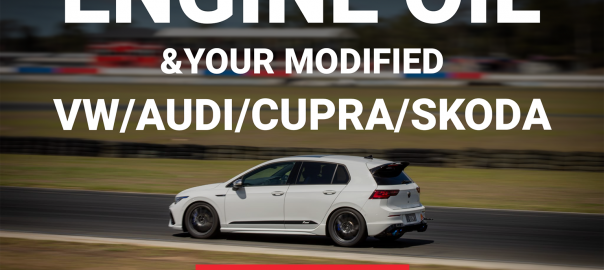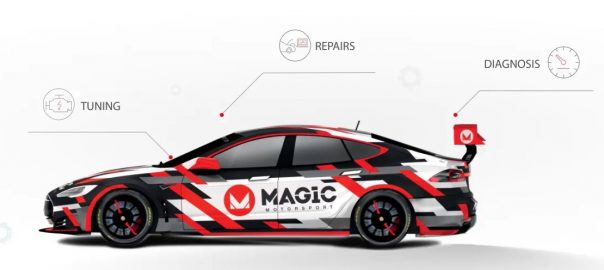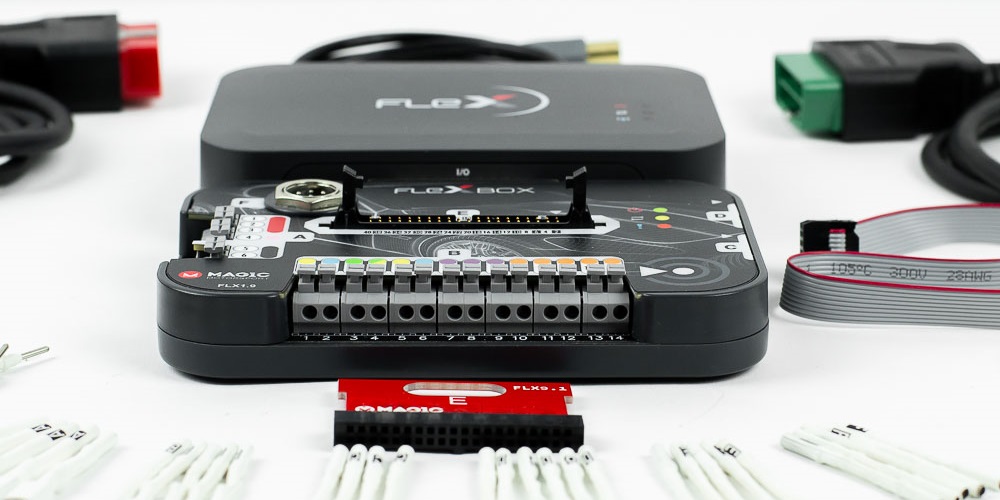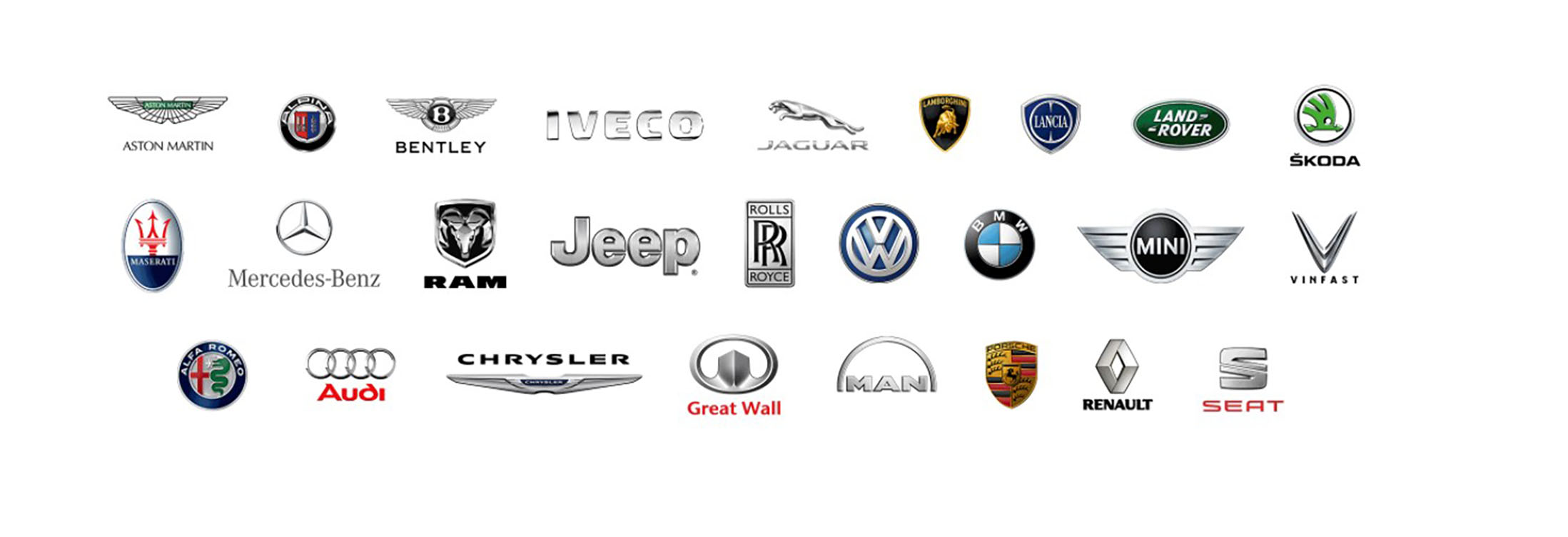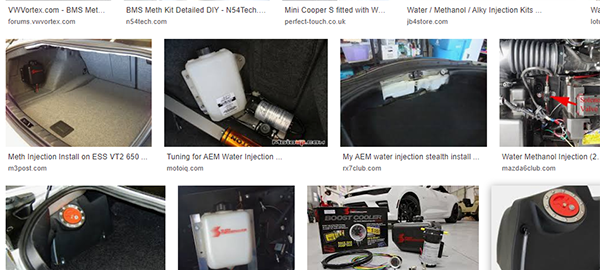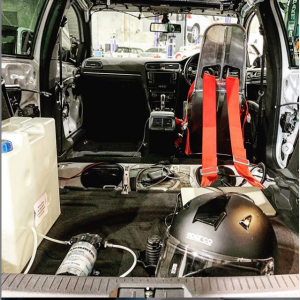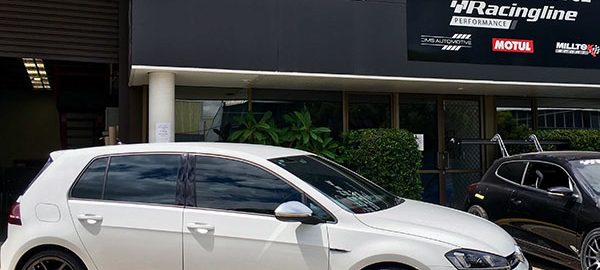Upgraded Boost Pipe Kit
For all 2.0 TSI EA888 gen.3 & 3B MQB
VWR140012
This 3-piece RacingLine Boost Pipe Kit for 2.0TSI & 1.8TSI EA888.3 & .3B MQB cars deliver smooth, uninterrupted airflow to increase power and torque, replacing the restrictive failure-prone factory boost pipes. By promoting increased airflow throughout the charge flow path, along with removing boost-leak weak points, performance and reliability gains are guaranteed!
The Boost Pipe Kit can be used with either factory rubber hoses or we’d highly recommend pairing them with the RacingLine Boost Hose Kit (VWR140004).
The RacingLine Boost Pipe kit for 2.0 TSI MQB delivers smooth, uninterrupted airflow to increase power and torque, replacing the restrictive, failure-prone factory boost pipes on all EA888 gen.3/3B cars.
The 3-piece Boost Pipe kit replaces the factory pipework between the turbocharger, the intercooler, and the throttle body with one-piece, mandrel-bent 6000 series aluminium tubes with thin wall 60mm OD for maximum smooth air flow.
It’s by minimising the restrictions of the factory pipes and optimising the routing that this increased airflow is achieved. As well as giving enhanced turbocharger sound and faster spool, fitment of these Boost Pipes ensures that the turbo meets less resistance thus allowing it to perform more effectively – moving a larger volume of air and minimising turbulence.
The RacingLine Boost Pipe Kit comprises three separate pieces. Two mandrel-bent hard-pipes for the turbo-intercooler and intercooler-throttle body chargepath, plus a reinforced turbo outlet Silicone Hose for the turbo outlet.
The Boost Pipes themselves are formed from single piece, mandrel-bent 6000 series aluminium tube with thin wall 60mm OD. The silicone hose is hand-wound multi-ply over internal wire reinforcement, ensuring resistance to both heat and deformation. Meanwhile, barbed ends on the pipes ensure no risk of blow off, even under extreme boost pressure conditions.
As you’d expect from RacingLine, each pipe is hand polished then anodised black with laser etched logos as the finishing touch – to look great in your engine bay, and stay looking great.
As with all RacingLine products, perfect fitment is a priority. So, all the mounting brackets are carefully TIG welded to ensure dimensional perfection. And within each kit, RacingLine include a stainless steel Mikalor-brand clamp, OEM rubber mounting bobbins and new bolts to make sure you achieve the perfect installation. Install is direct OEM-replacement and requires no additional drilling or cutting to fit – meaning install is fully reversible.
Finally, the Boost Pipes can be used with either factory rubber hoses or, for best results we’d highly recommend pairing them with the RacingLine Boost Hose Kit (VWR140004)
APPLICATIONS:
2.0 TSI & 1.8 TSI MQB / EA888 Gen.3 & 3B engines
VWR140012
Most popular applications include:
VW Golf 7 & 7.5 GTI & Clubsport 2013-2020
VW Golf 7 & 7.5 R 2013-2020
VW Golf 7 & 7.5 1.8 TSI 2013-2020
VW Passat 2.0 TSI B8 2015+
VW Arteon 2.0 TSI 2017+
VW T-Roc R 2.0 TSI 2019+
VW Tiguan II 2.0 TSI 2016+
VW Jetta / GLI 7 2018+
Audi S3 8V 2013-2020
Audi A3 2.0 TSI / 1.8 TSI 8V 2013-2020
Audi TT 2.0 TSI 8S 2014+
Audi TTS 2.0 TSI 8S 2015+
Audi SQ2 2018+
SEAT Leon III Cupra 5F 2014-2020
SEAT Leon III 1.8 TSI 5F 2014-2020
Cupra Ateca 2018+
Skoda Octavia III vRS 2.0 TSI 5E 2014-2020
Skoda Superb III 1.8 / 2.0 TSI 3V 2015+
The RacingLine Boost Pipe Kit has three pieces: smooth aluminium mandrel-bent hard-pipes for the turbo-intercooler and intercooler-throttle body airflow, plus a reinforced turbo outlet Silicone Hose:
Included in each kit, RacingLine include a stainless steel Mikalor-brand clamp, OEM rubber mounting bobbins and new bolts to make sure you achieve the perfect installation


